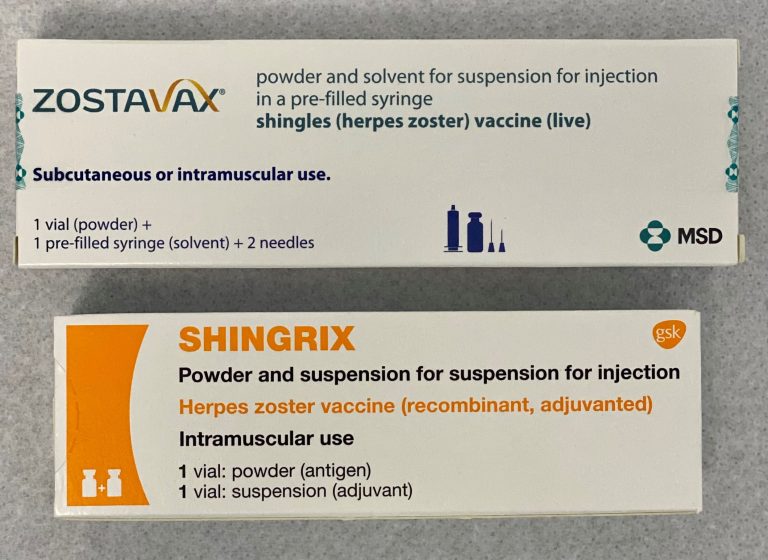ViiV Healthcare, the global specialist HIV company majority owned by GlaxoSmithKline PLC (LON:GSK), with Pfizer Inc. and Shionogi Limited as shareholders, has today announced the interim analysis of the HIV Prevention Trials Network 083 study evaluating the safety and efficacy of investigational, long-acting, injectable cabotegravir for HIV prevention. In the study cabotegravir was found to be 69% more effective (95% CI 41%-84%) in preventing HIV acquisition in men who have sex with men (MSM) and transgender women who have sex with men when compared to the current standard of care, daily oral emtricitabine/tenofovir disoproxil fumarate 200 mg and 300 mg (FTC/TDF) tablets. The study achieved its primary objective of non-inferiority with the difference approaching superiority in favour of cabotegravir, pending final analysis.
The HPTN 083 study, with approximately 4,600 participants across more than 40 sites in North and South America, Asia, and Africa, is one of the first-ever clinical trials to directly compare two active prevention agents. In a planned interim review, the independent Data and Safety Monitoring Board (DSMB) found the study data clearly indicated that long-acting injectable cabotegravir was highly effective at preventing HIV in the study population. Among the 50 people in the trial who acquired HIV, 12 were randomised to the long-acting cabotegravir arm and 38 were randomised to the daily, oral FTC/TDF arm. This translated to an HIV incidence rate of 0.38% (95% confidence interval [CI] 0.20%-0.66%) in the cabotegravir group and 1.21% (95% CI 0.86%-1.66%) in the FTC/TDF group. Adherence to oral FTC/TDF was high, based on a random subset sampling that detected tenofovir (> 0.31 ng/ml) in 87% of all samples tested. Despite this high level of adherence to oral therapy, long-acting cabotegravir was 69% (95% CI 41%-84%) more effective than FTC/TDF in preventing HIV acquisition in the study population.
Myron S. Cohen, M.D., Co-Principal Investigator of the HPTN and the Yeargan-Bate Distinguished Professor of Medicine, Microbiology and Immunology and Epidemiology at the University of North Carolina (UNC) at Chapel Hill, said: “Each year, an estimated 1.7 million people are newly diagnosed with HIV. To lower that number, we believe more prevention options are needed in addition to currently available oral tablets for daily use. If approved, a new injectable agent, such as long-acting cabotegravir administered every two months, could play an important role in reducing HIV transmission and helping to end the HIV epidemic.”
Safety was similar in the two groups. Most participants in the cabotegravir group (80%) reported pain or tenderness at the injection site, compared to only 31% of those in the FTC/TDF arm, who received placebo injections. Discontinuation due to injection site reactions or injection intolerance in the cabotegravir arm of the study was 2% and there were no discontinuations due to ISRs in the FTC/TDF arm.
Following review of these findings, the DSMB recommended the blinded, randomised portion of the study be stopped early and results released. Participants who were in the FTC/TDF arm will be offered CAB LA and participants in the CAB LA arm will continue to receive it. Participants who do not want to receive CAB LA will be offered FTC/TDF until the end of the originally planned blinded component of the study. The DSMB decision was approved by the U.S. National Institute of Allergy and Infectious Diseases (NIAID), part of the National Institutes of Health (NIH), the study sponsor.
The HPTN 083 study enrolled HIV-negative men who have sex with men and transgender women who have sex with men, participants considered at risk for HIV acquisition. Two-thirds of study participants were under 30 years of age, and 12% were transgender women. Half of the participants in the United States identified as black or African American.
“These study results demonstrate that long-acting injectable cabotegravir dosed every two months can successfully reduce HIV acquisition in at-risk MSM and transgender women,” said Kimberly Smith, M.D., Head of Research & Development at ViiV Healthcare. “We are thrilled with the results not only because of the high efficacy of cabotegravir but also because we have demonstrated high efficacy in a study that adequately represents some of the populations most disproportionately impacted by HIV — black MSM in the US, young MSM globally and transgender women,” she said.
“We continue to be focused on the completion of the companion HPTN 084 study, which will give us important information about the effectiveness of cabotegravir in women. New options are needed for HIV prevention that offer an effective alternative to daily oral PrEP. If approved, this long-acting injectable has the potential to be a game-changer for HIV prevention by reducing the frequency of dosing from 365 days to six times per year.”
HTPN 083 was jointly funded by the U.S. NIAID, part of the NIH, and ViiV Healthcare, and was conducted by the HPTN. Study product was provided by ViiV Healthcare and Gilead Sciences.
The DSMB also reviewed data from HPTN 084, which began a year later than HPTN 083, and recommended that it continue as planned. To date, more than 3,000 sexually active women in seven African countries have enrolled in HPTN 084, which is co-funded by NIAID, ViiV Healthcare and the Bill & Melinda Gates Foundation.
Detailed results from HPTN 083 will be presented at an upcoming scientific meeting. ViiV Healthcare plans to use the data from HPTN 083 for future regulatory submissions. Cabotegravir has not yet been approved for the treatment or prevention of HIV as a single agent by regulatory authorities anywhere in the world.
About ViiV Healthcare
ViiV Healthcare is a global specialist HIV company established in November 2009 by GlaxoSmithKline and Pfizer (NYSE:PFE) dedicated to delivering advances in treatment and care for people living with HIV and for people who are at risk of becoming infected with HIV. Shionogi joined in October 2012. The company’s aim is to take a deeper and broader interest in HIV/AIDS than any company has done before and take a new approach to deliver effective and innovative medicines for HIV treatment and prevention, as well as support communities affected by HIV.









































